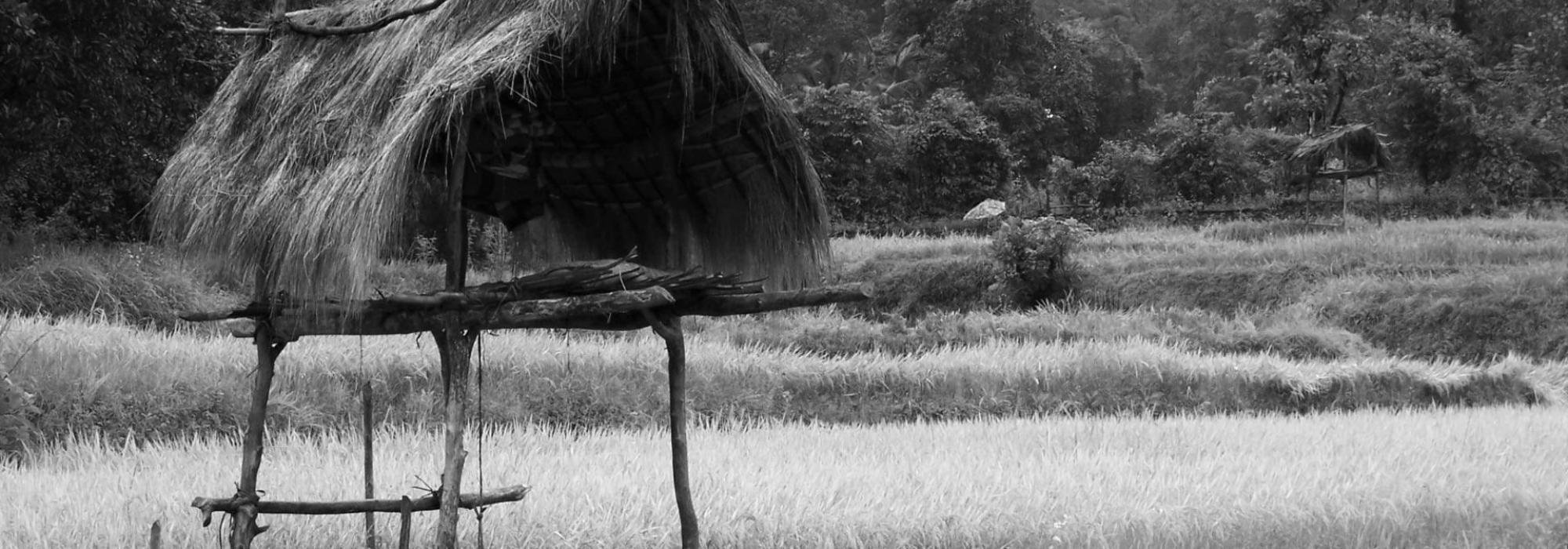किं वाससा चीकरिबाकिरेण
किं दारुणा वङ्कर-टिङ्करेण ।
सर्वज्ञभूपालविलोकनार्थं
वैदुष्यमेको विदुषां सहायः ॥
Mahamahopadhyaya Mallinatha Suri, the celebrated scholar, wrote commentaries on important Sanskrit kavyas. His explanation of the five epic-poems and Kalidasa’s Meghadutam are good testimonies of his scholarship. He was also a gifted poet. Raghuviracharitam and Udarakavya are his independent works. Following the footsteps of his grandfather, Shatavadhani Mallinatha Suri, he developed remarkable skill in composing extempore poetry.
Many tales have grown around him. One such tale tells us that when he was young, Mallinatha was a dullard, and he became a scholar only through supernatural events. He was a person with simple habits. His dress sense, a popular feature of his personality, was simple and unattractive.
Once, he was on the way to meet the king of Rachikonda, Sarvajna Simhabhupala, who was a famous patron of scholars. Mallinatha’s attire was ragged and unappealing: He was wearing an unstitched garment (There is a rule in the shastras that prohibits Brahmins from wearing stitched clothes) and had a crooked stick in his hand. Someone asked him, “How can you go dressed like this to meet the king?” Mallinatha replied:
How do torn clothes matter?
A crooked stick does no harm.
For a scholar to meet the king,
The only necessary qualification is erudition.
Phrases like cheekiri-baakiri (torn and ragged) and vankari-tankari (uneven, crooked) used in this verse tell us that Telugu was Mallinatha’s mother tongue.
Translated from Kannada by Shashi Kiran B. N.
(The original article is from the anthology Kavitegondu Kathe.)















































